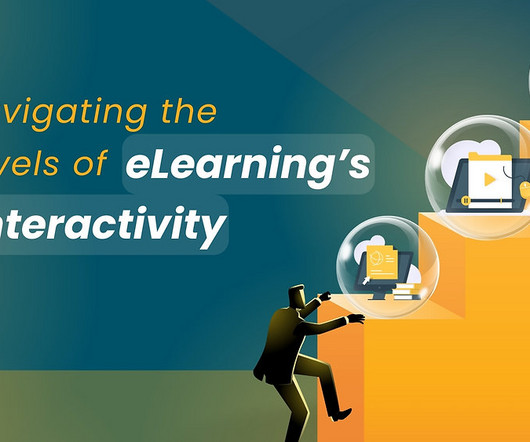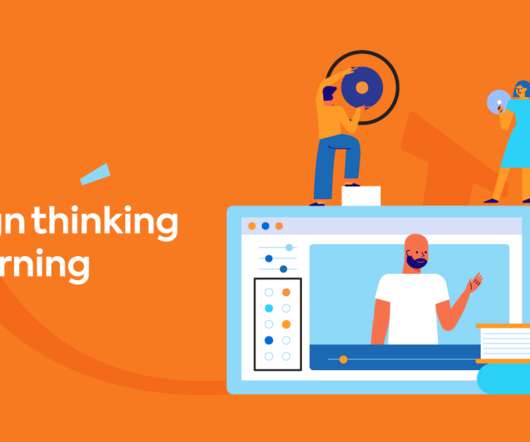Best Practices and Strategies to Implement Experiential Learning Design
Hurix Digital
FEBRUARY 20, 2024
This approach to learning distinguishes itself from cognitive and behavioral theories by adopting a more comprehensive viewpoint. It acknowledges that learning is influenced by various factors encompassing our emotions, cognitive processes, and the environment in which we find ourselves.








































Let's personalize your content